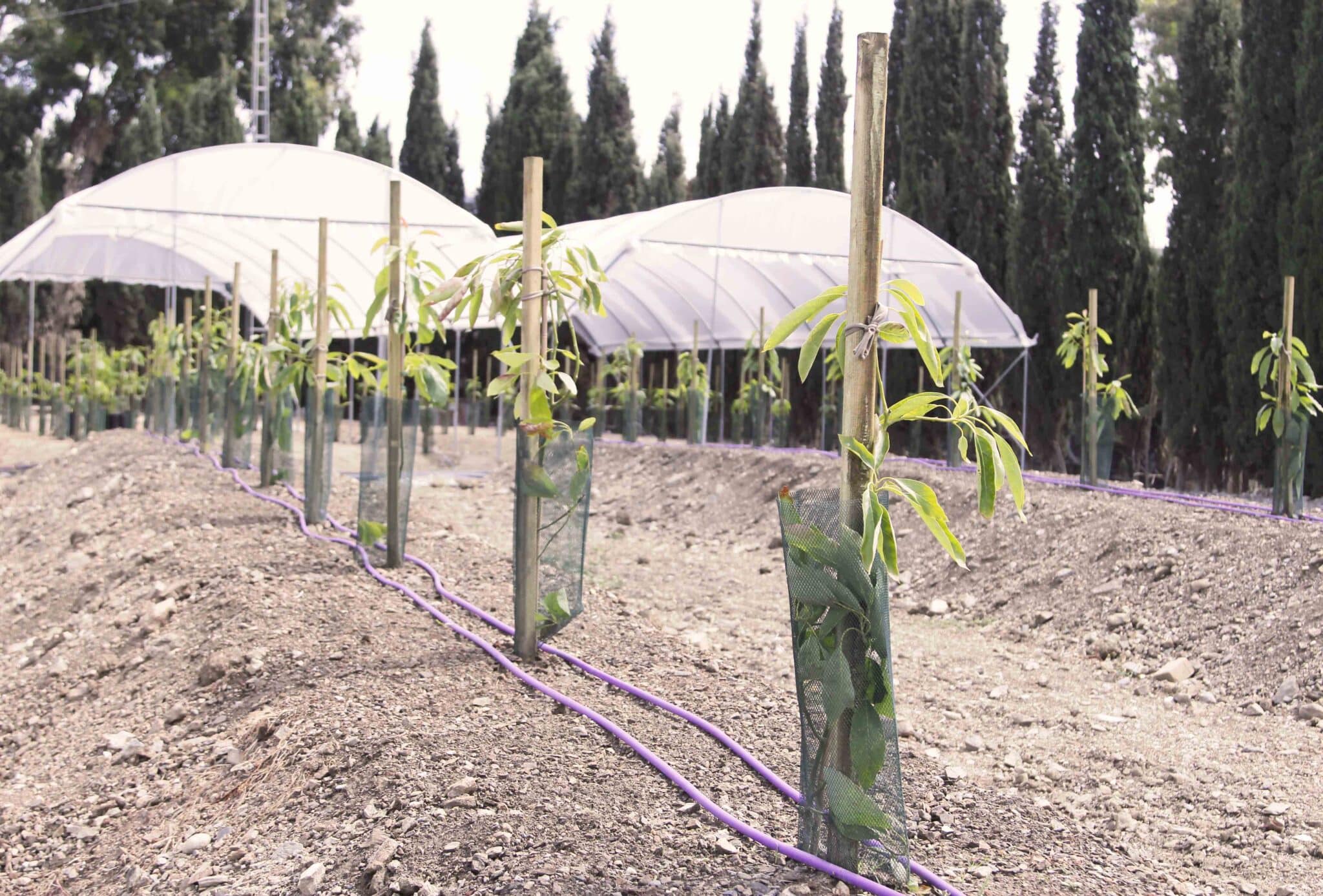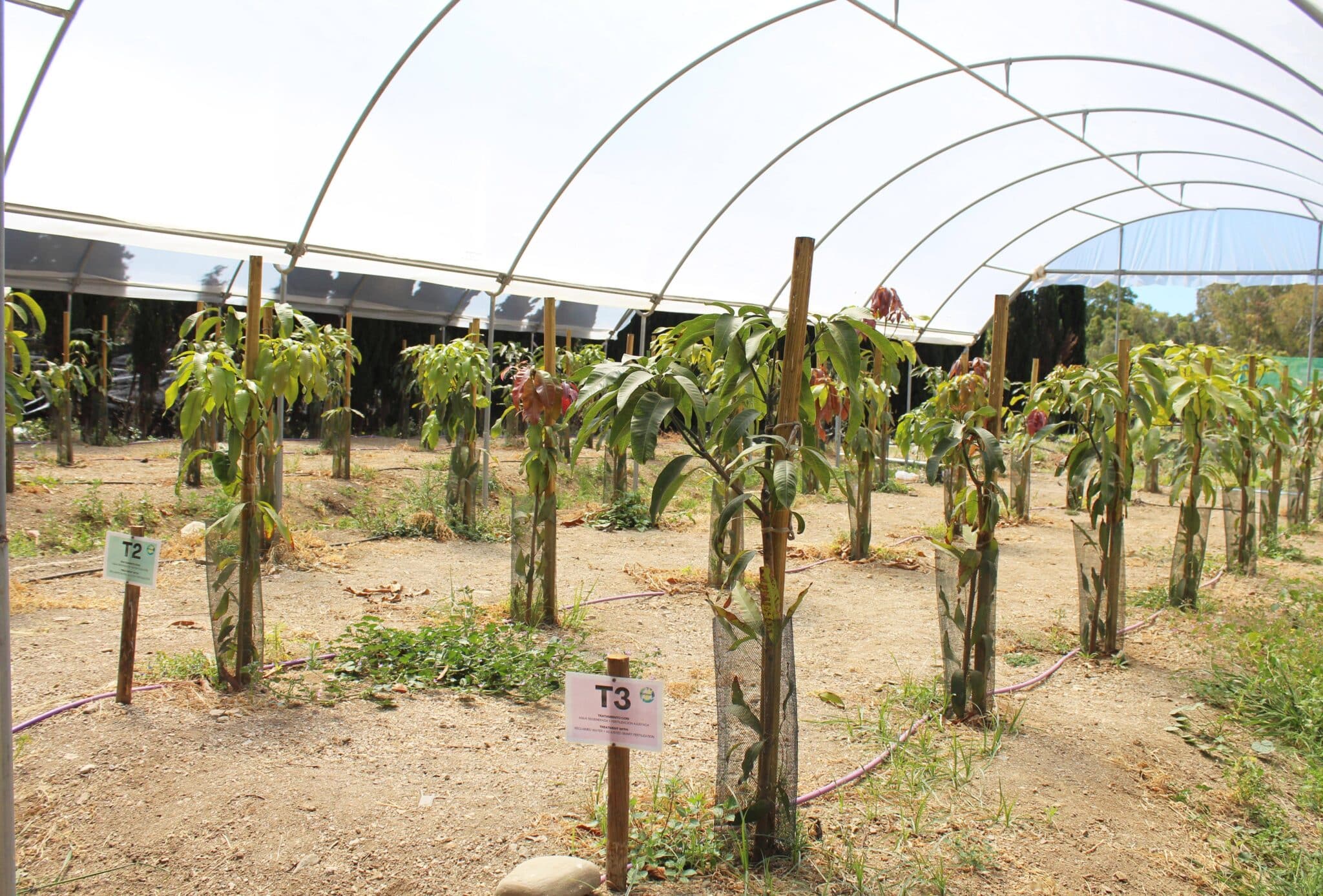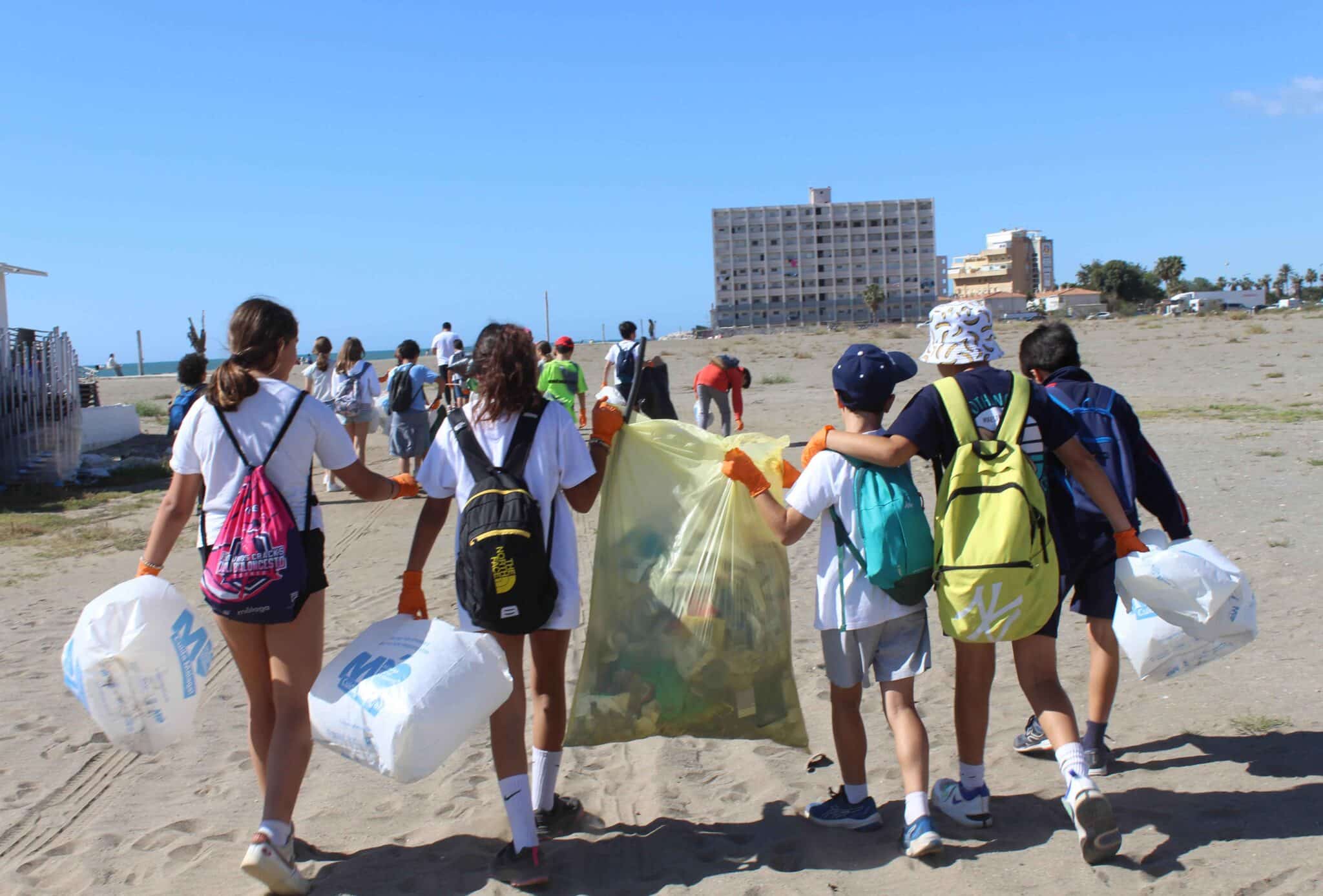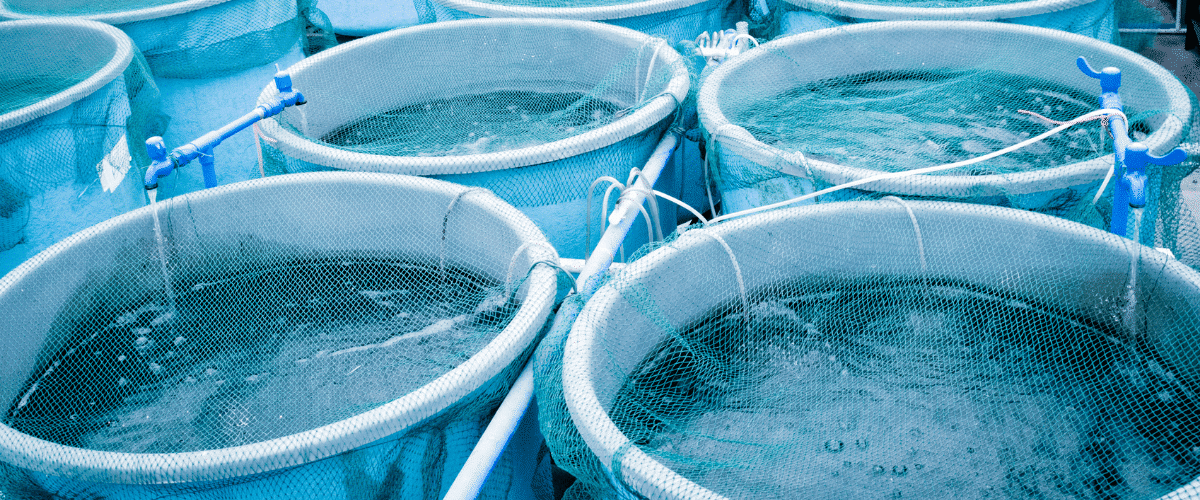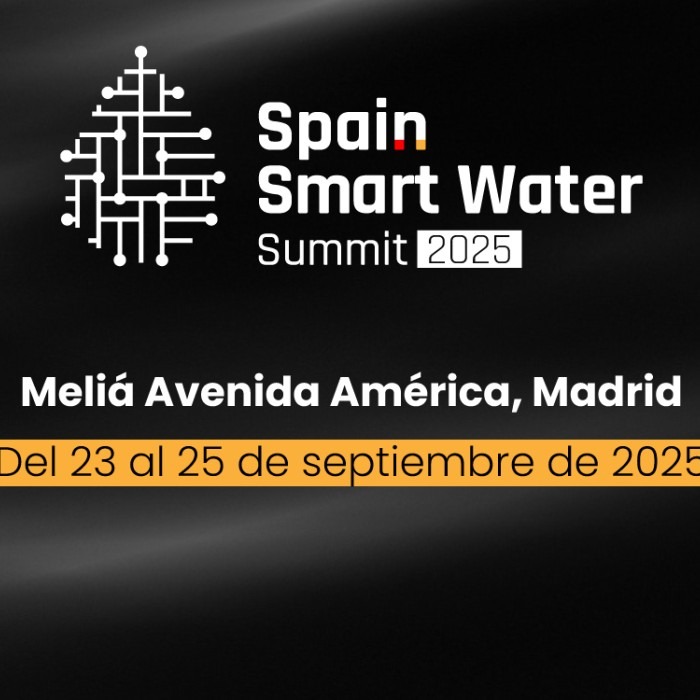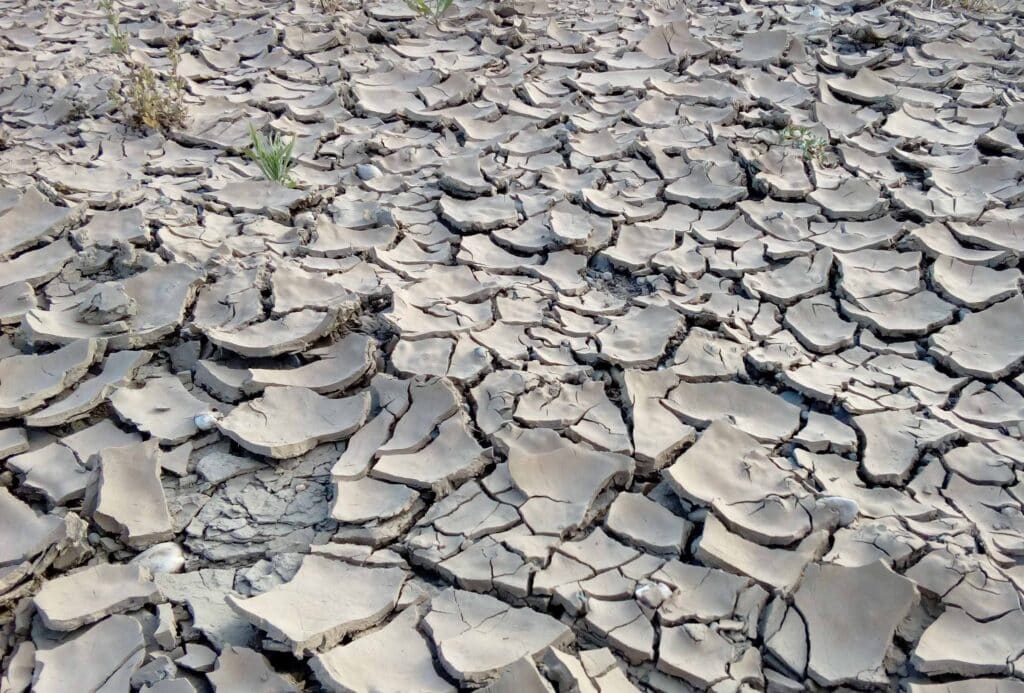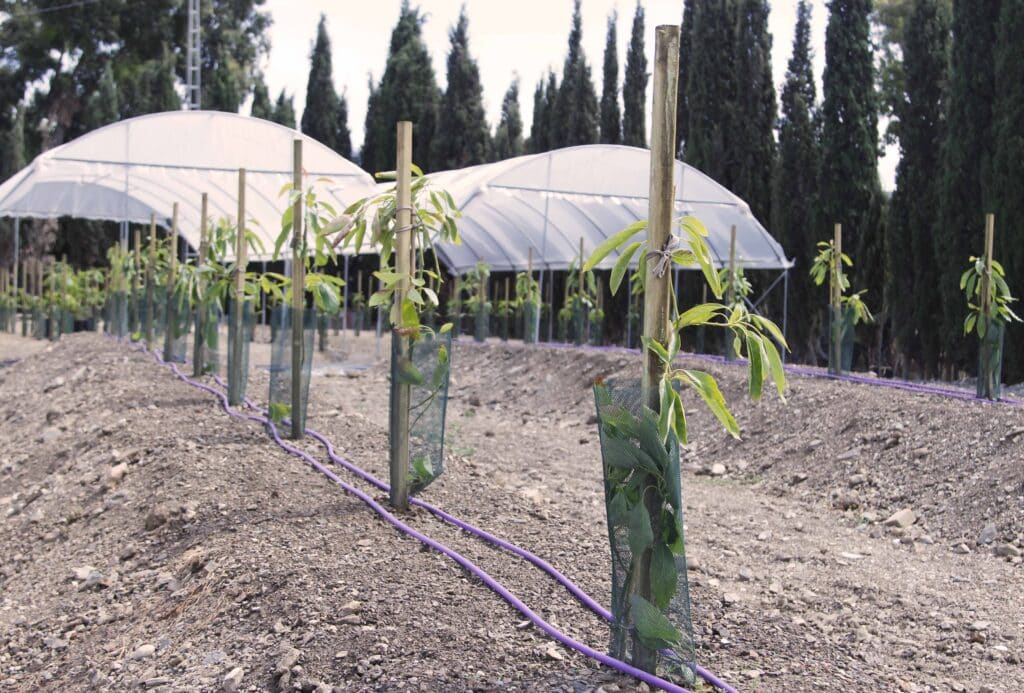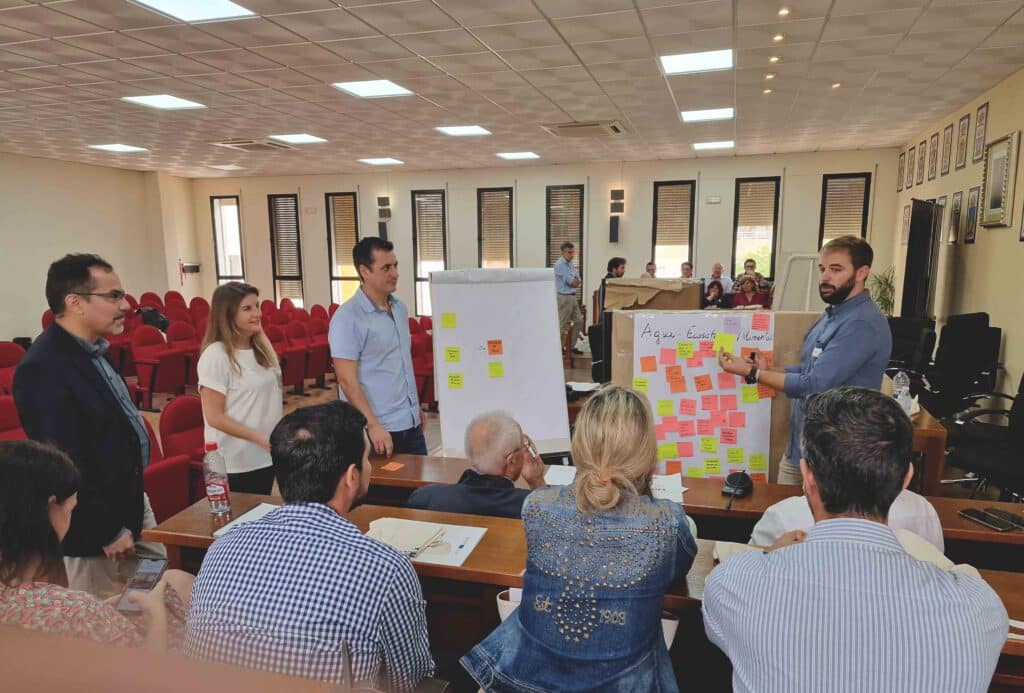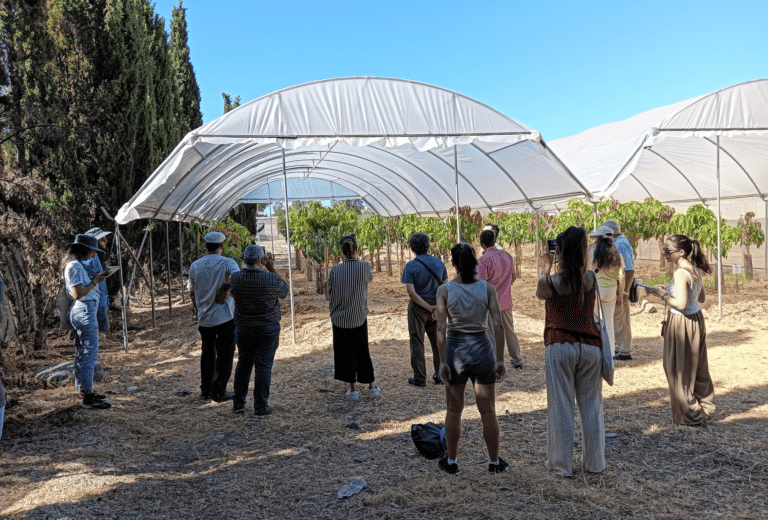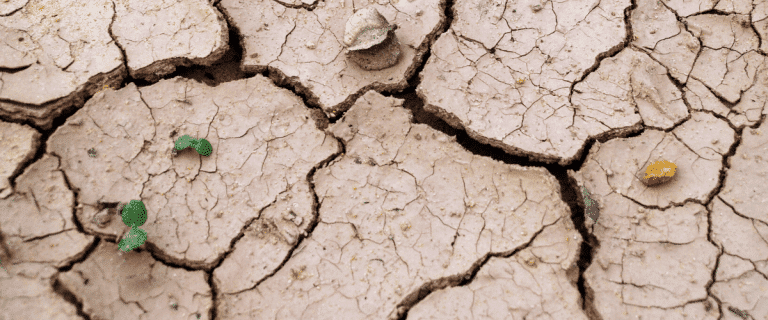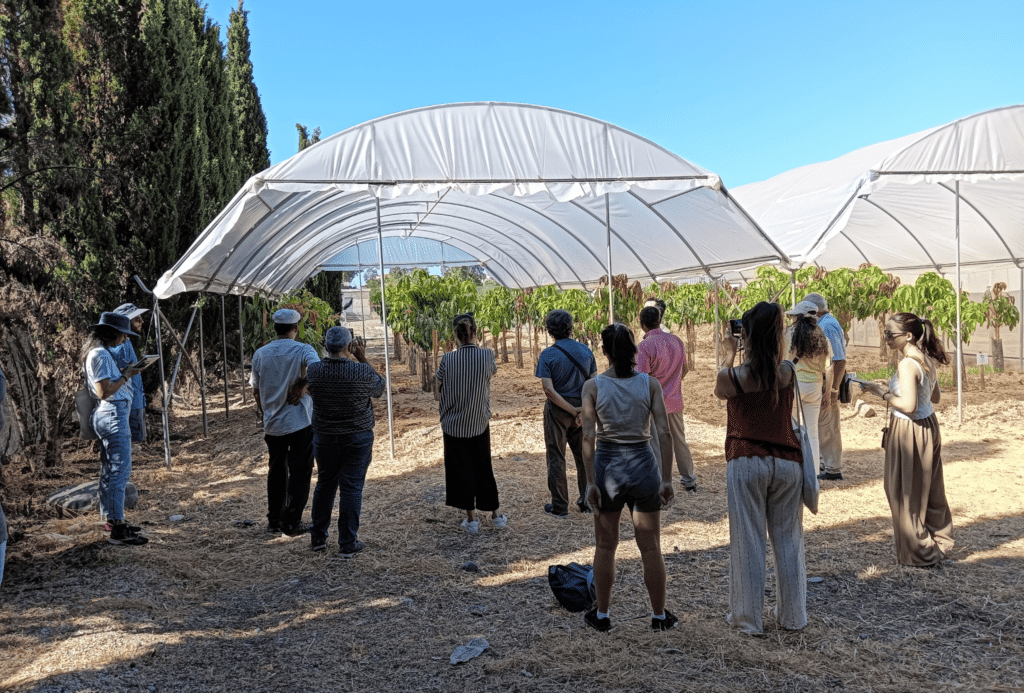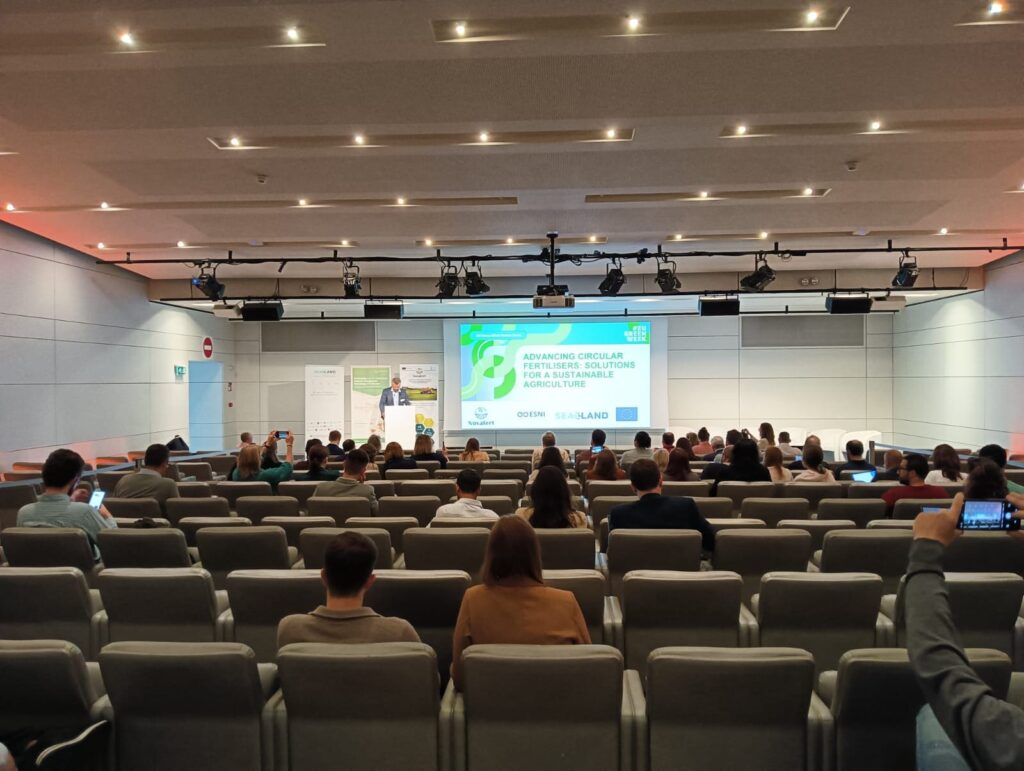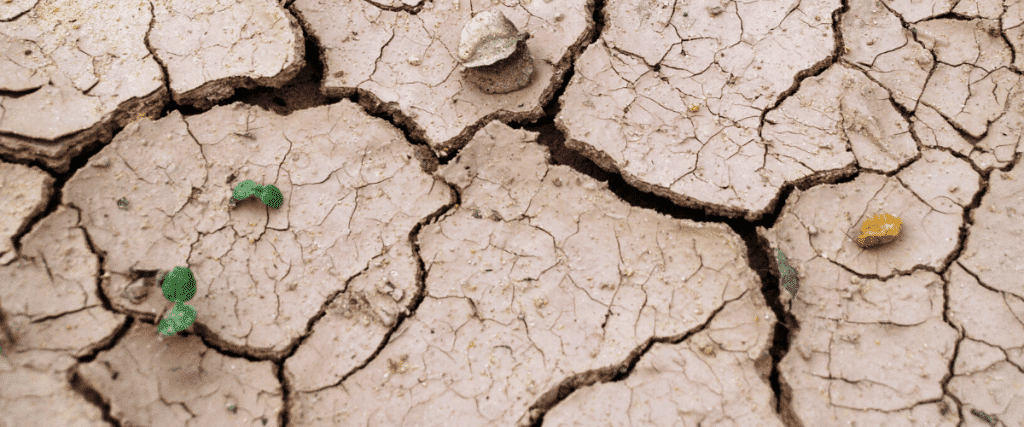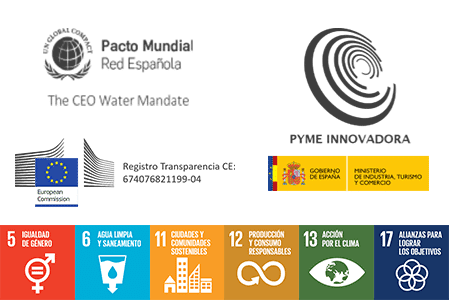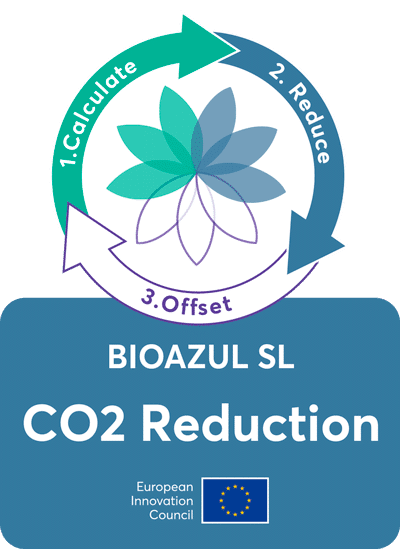The Mediterranean region faces significant challenges posed by drought and desertification, with severe socio-economic and environmental consequences. Climate change exacerbates these impacts, adding pressure to limited water resources and fragile ecosystems. On the United Nations Day to Combat Drought and Desertification, it is vital to recognize the importance of addressing these problems and the role of innovative initiatives like BONEX in finding sustainable solutions.
Drought and desertification profoundly impact the Mediterranean, one of the regions most exposed to droughts globally. A recent report on drought in the western Mediterranean from the JRC’s Copernicus Global Drought Observatory highlights the severity of water scarcity in the western Mediterranean region. The persistent lack of precipitation and warmer-than-average conditions have led to negative soil moisture and river flow anomalies, particularly in the Maghreb and in central-southern Iberian Peninsula.
The BONEX Project is based on the WEFE Nexus approach, addressing the interdependencies between water, energy, food, and ecosystems in the Mediterranean. In a field where practical experience applying the WEFE nexus is still limited, BONEX stands out as an innovative endeavour. By bridging the gap between theory and action, the project contributes to addressing drought and desertification and serves as a model for others entering the uncharted territory of WEFE nexus implementation.
Recognizing the need for robust governance structures, BONEX integrates governance improvements with technological advancements in natural resources management. Through its seven demonstration projects, the project fosters collaboration among stakeholders, sharing knowledge and lessons learned during practical implementation of the WEFE Nexus. It develops context-specific plans tailored to the Mediterranean’s unique socio-economic contexts and innovative technologies, ensuring a holistic and inclusive approach to combat drought and desertification.
Moreover, BONEX emphasizes socio-economic assessment and community engagement, understanding the importance of local context in decision-making processes. This approach identifies trade-offs, synergies, and potential conflicts in implementing WEFE Nexus solutions. Equitable distribution of benefits and costs ensures that no one is left behind.
In conclusion, as we observe the United Nations Day to Combat Drought and Desertification, addressing these challenges in the Mediterranean becomes increasingly urgent. The BONEX Project offers innovative approaches to combat water scarcity, drought, and desertification. Through its focus on the WEFE Nexus, robust governance, and context-specific solutions, the project contributes to building resilience, promoting sustainability, and safeguarding the well-being of Mediterranean communities and ecosystems. Let us learn from the BONEX Project and collaborate in the fight against drought and desertification for a more prosperous and sustainable future.
